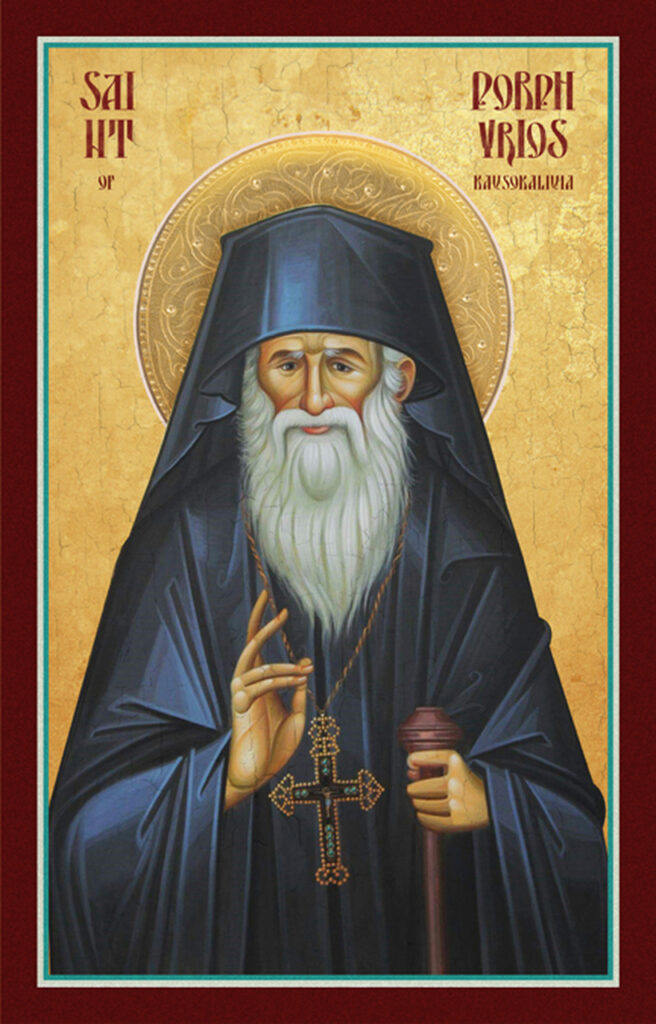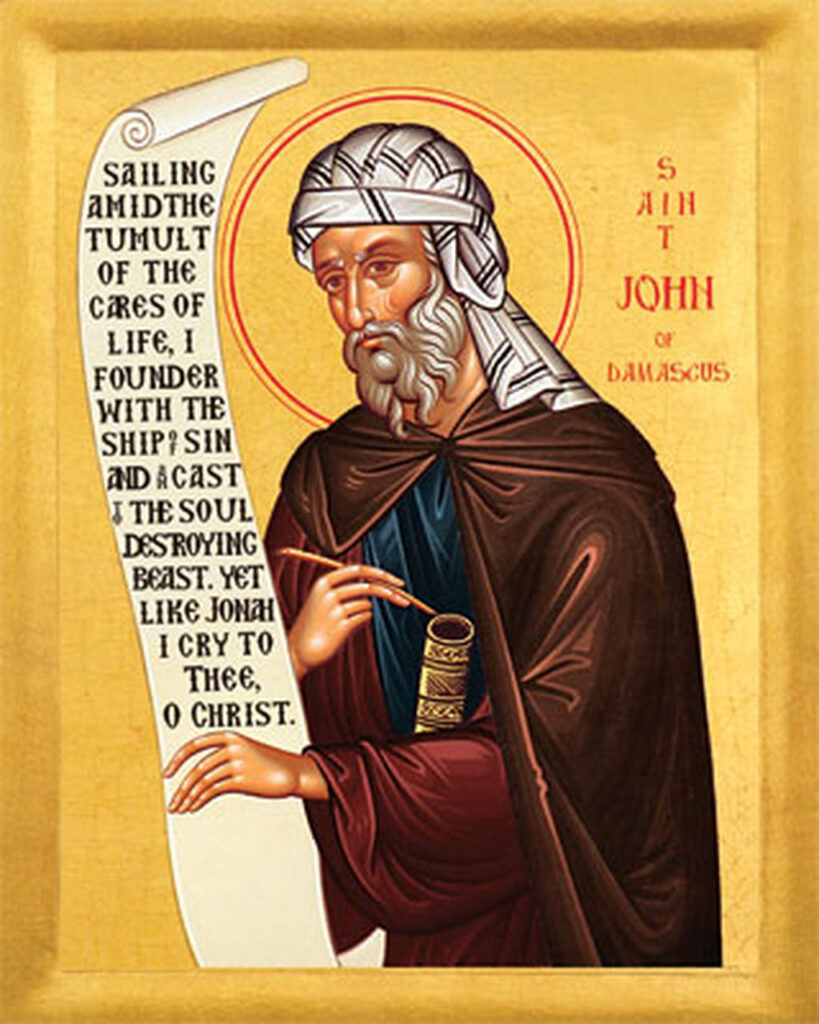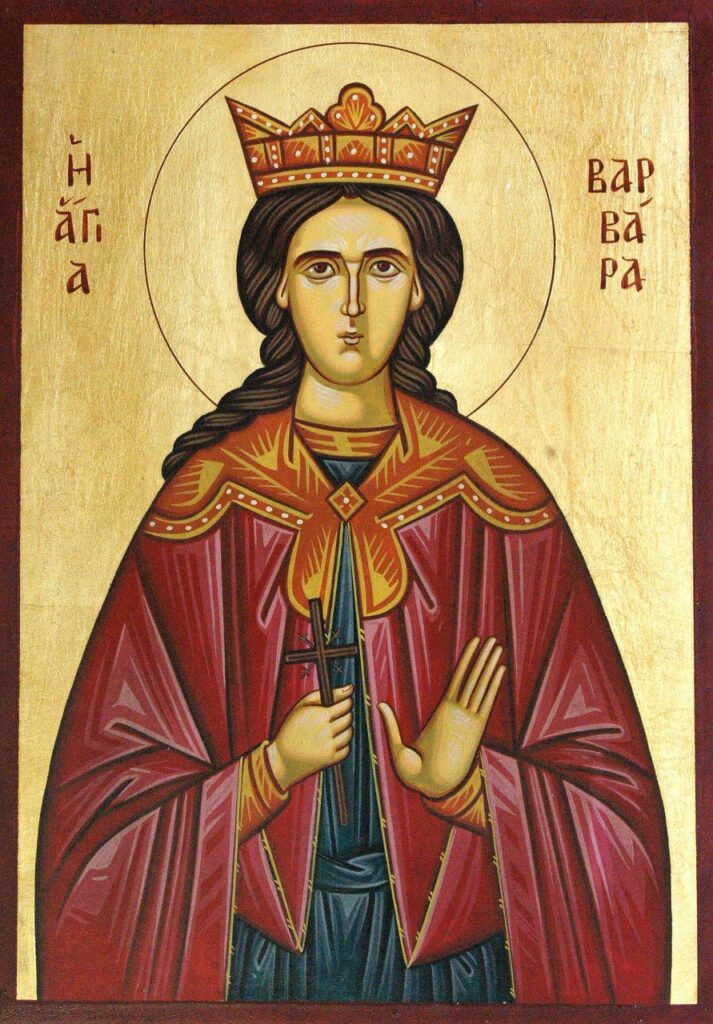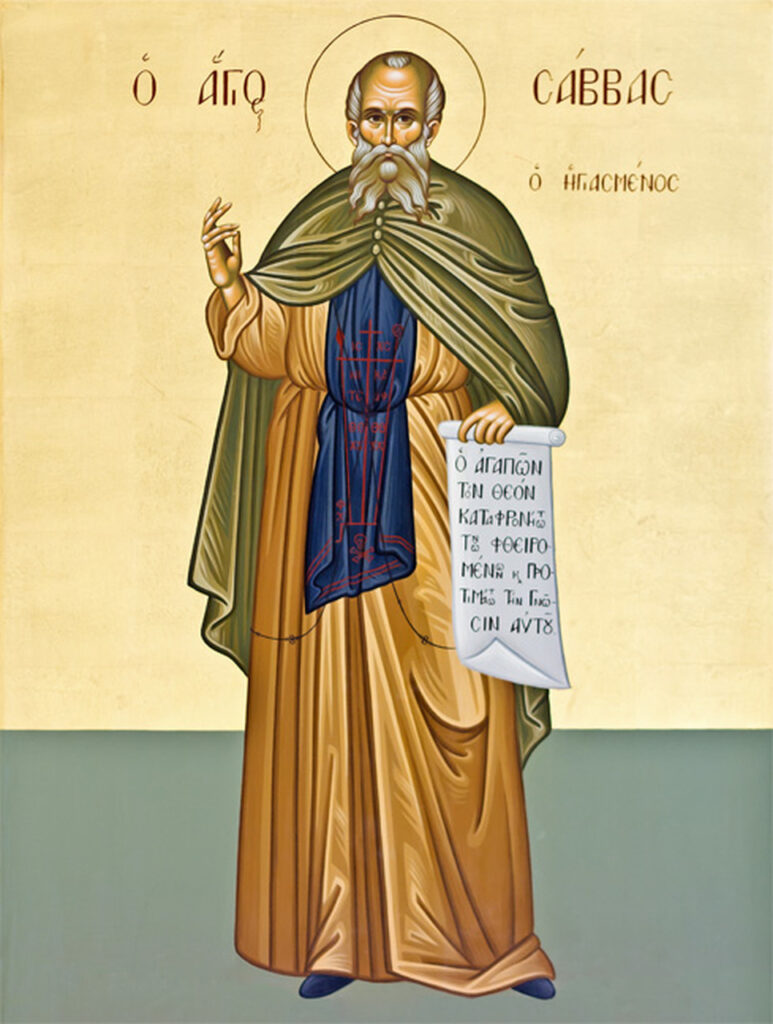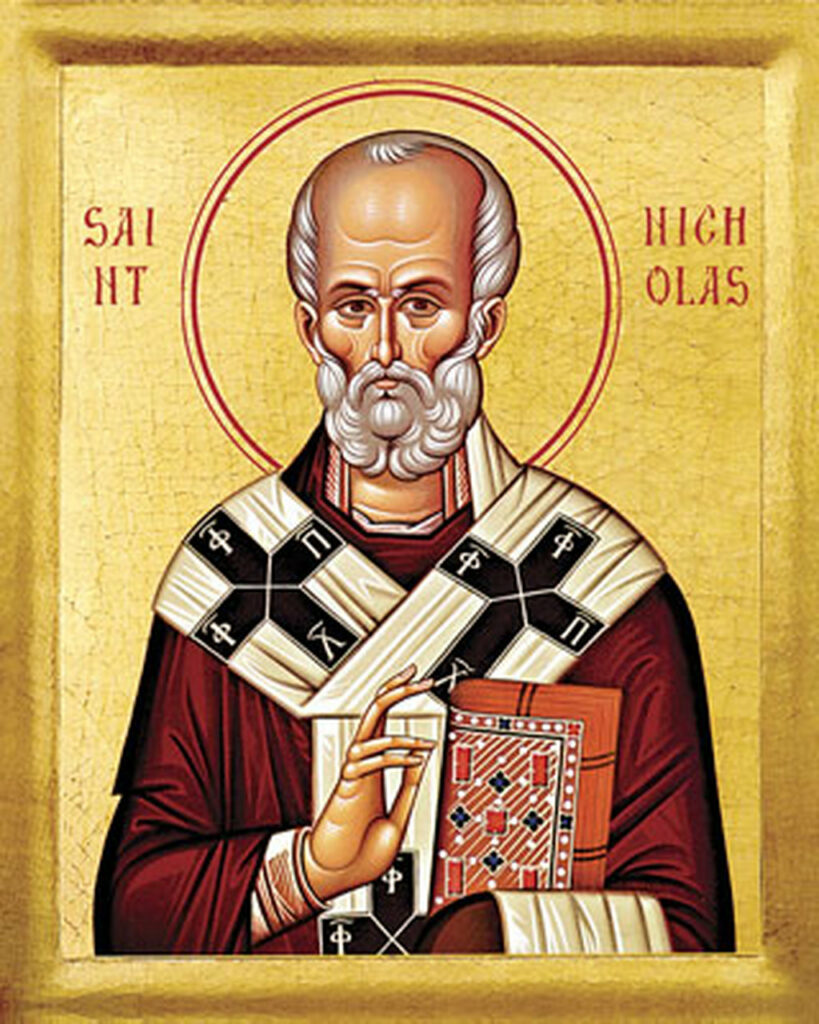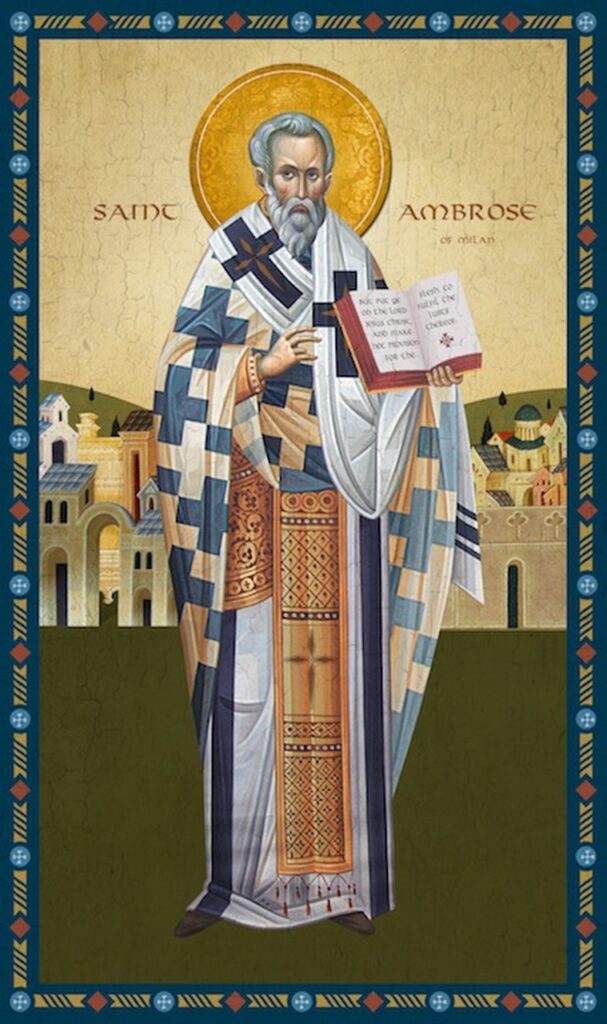Dear Friends
We have received informal news that the Church in Eastleigh which we have approached to use has made an “in principle” decision to let us use their building: we are now waiting to hear this “officially” and then start to work out how this might look in practice. It is likely we would start with a Saturday afternoon or early evening gathering.
What would you like this to be?
How do you see this growing?
How would having a worshipping Orthodox community
in Eastleigh enable you to draw closer to the Lord?
Let me know your thoughts, ideas and suggestions: but above all else please pray for us that we may be transformed into the likeness of Christ.
Resources
Have you looked at our Website? orthodoxeastleigh.uk
It is very basic at the moment. If you click on the “Blog” link, or directly here, you will see all past emails as well as sermons etc. I have a friend of mine who is currently looking to spruce up the page: I hope to inform you soon with more information about this.
Our Facebook Page, facebook.com/orthodoxeastleigh, too has daily additions during the week as well as on feast days. Please do like and share our page and content so we may reach a wider group of people.
The Sunday Gospel for yesterday was the Evangelist Luke’s account of the Healing of the Blind Man in Jericho (Luke 18:32–42): I preached a sermon on this Gospel last year which you may find of benefit: link here.
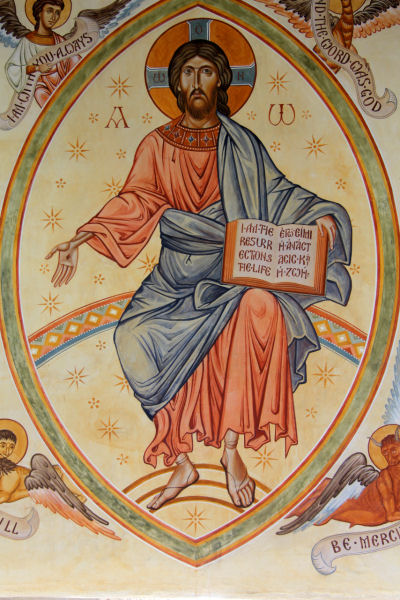
God is glorified in his saints! This week’s commemorations draw us to contemplate a great choir of heavenly intercessors: we would do well to remember them in our prayers and ask their intercessions for us as we start our journey as a community.
Monday 2nd December — St Porphyrios of Kavsokalyvia
St Porphyrios is a reminder to us that the saints are not from some distant time but are present now: in the hope of the resurrection, he fell asleep on this day in 1991, just over 6 years ago he was formally proclaimed a saint of the Church. His life and teachings can be read in the beautiful book, ‘Wounded by Love’ and I strongly recommend you to read it: his simple life is a great example to us.
Wednesday 4th December — St Barbara and St John of Damascus
This feast day is unusual as two great saints of the Church are commemorated on the same day and the services to each are combined. St Barbara refused to deny Christ in the face of torture from her pagan father who eventually beheaded her in the reign of the Emperor Maximian, about the year 290.
St John was of noble birth but lived as a Christian under Muslim rule in Damascus. It was in part through his strong defence of icons during the iconoclast period that orthodoxy won the argument and the icons were restored to their rightful place: his work, ‘On holy images,’ is worth a read if you would like to understand more on why it is appropriate to use icons in worship.
Further, we owe a great debt to St John for his work on the Paraklitiki (Octoechos). This is the book which contains all the parts of the services which have the texts for the weekly cycle of commemorations. Each day has a particular theme in our week:
Sunday — the Resurrection
Monday — the Angels
Tuesday — St John the Forerunner
Wednesday — the Cross
Thursday — the Apostles and St Nicholas
Friday — the Cross
Saturday — the Departed
The hymns we hear in Church which are part of these themes were written or compiled by St John. A few years ago, Archimandrite Philip, now the abbot of the Monastery of St Antony and St Cuthbert, Pontesbury, Shropshire, gave an excellent talk on St John of Damascus which you can watch here.
Thursday 5th December — St Sabbas the Sanctified
St Sabbas founded a monastery in the Palestinian desert which still exists and bears his name, Mar Sabba Monastery, 8 miles south-east of Jerusalem, in the year 483. This was where St John of Damascus went when he desired the angelic-life of monasticism two hundred years later. This monastery has had a profound affect on how we celebrate our services: if you have ever been to a Church where the priest goes to the back of the nave to bless five loaves this is because of the tradition of the monks of Mar Sabba monastery to go to the tomb of St Sabbas, at the back of their Church, when they serve this service.
Friday 6th December — St Nicholas the Wonderworker
There is, perhaps, no more well known saint than St Nicholas outside the Bible. His faithfulness in tending to his flock of Myra in Lycia — on the southern shores of Asia Minor — has made him famous thoughout the world. He is commemorated every week, the only non-biblical saint given this honour, on Thursdays. He is a great intercessor for all Christians and we ask his prayers and blessings upon us.
Saturday 7th December — St Ambrose of Milan
St Ambrose was the civil governor of Milan. At one point in the fourth century, none could agree who should be the new bishop of the city: fearing a riot, St Ambrose brought calm to the competing sides to the extent that a cry went up from the crowd, “Ambrose, bishop!” This was despite the fact he had not yet been baptised. St Ambrose pastored his flock with diligence and wrote some important works. He faithfully preached truth to power, famously refusing entry to his Church for the Emperor Theodosius who had ordered a massacre in Thessalonica: this act could easily have led to his martyrdom but the emperor was moved to contrition and, like King David, repented his sin.
Tuesday 3rd December — St Birinus, Apostle of Wessex
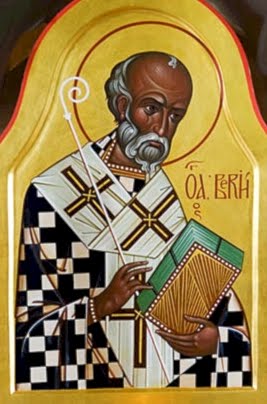
Among so great a cloud of witnesses who are commemorated this week, there is one whom we should honour highly. St Arsenios of Paros (commemorated 31st January, he died in 1877) said,
The Church in The British Isles will only begin to grow
when she begins to again venerate her own saints.
This week we commemorate St Birinus of Wessex. He arrived in Britain in Hamwic, in AD 634, and built St Mary’s Church there: Hamwic is now known as St Mary’s in Southampton. He preached the Gospel throughout this area of England, then known as Wessex. He was given the town of Dorchester-on-Thames, Oxfordshire, to be the centre of his See, only after his death was the cathedral of the bishop transferred to Winchester. He died in AD 649.
Our work in bringing the Gospel of Christ to Eastleigh is not a new work: although we live in a land which has, perhaps, forgotten its Christian heritage this work has been done before: St Birinus is a heavenly intercessor who can guide us in our task.
Holy father Birinus, Apostle of Wessex,
beseech Christ our God
that we may raise up a new sanctuary to his name!
Holy father Birinus, pray to God for us!
Apolytikion — 2nd plagal
Taking up the Cross of Christ as it were a battle standard, thou didst set forth for the English lands, to wage war upon the ancient foe of mankind, O Birinus glorious in wonders; and, as a valiant champion of the Christian Faith, thou didst fight the good fight until the end. Wherefore, thou hast received the trophy of victory from the King of kings Whom thou didst serve. Entreat Him, O holy hierarch, that He save our souls.
Kontakion & Oikos
With sacred hymns and spiritual songs we exalt the most blessed hierarch Birinus today, for he was a faithful servant of Christ and a vigilant shepherd of His flock, who ever prayeth in our behalf.
With hymns of praise let us exalt Birinus, great among hierarchs, the enlightener of the Saxons and teacher of the Christian Faith; and let us bestow a wreath of honour upon his brow, for he tirelessly uprooted the tares of idolatry from Wessex, and with the light of Christ dispelled the darkness of ignorance from men’s souls. Wherefore, having received an everlasting reward from the Lord, he ever prayeth in our behalf.
Can I help you?
I am here for you, you need only ask. Is there a way I can support your life of faith? Get in touch.
Can you help the mission?
Pray, pray and pray some more. Ask the intercessions of all the saints who are commemorated this week, but especially St Birinus whose apostolic ministry should act as a template for our work, that we may build up our community and offer praise to our God, the Father without beginning together with his Only-begotten Son and All-holy Spirit.
With love in Christ
Fr Alexander
webenquiry@orthodoxeastleigh.uk

